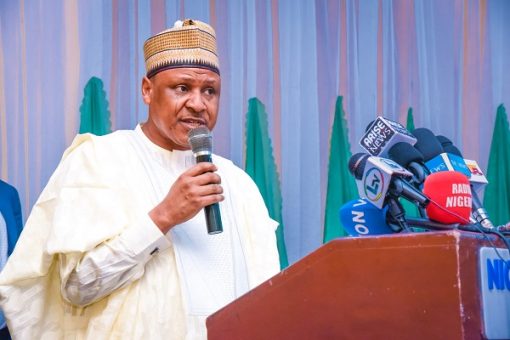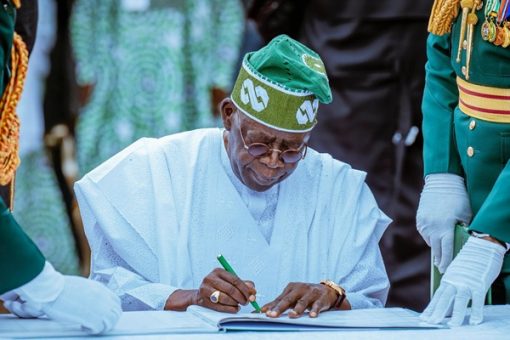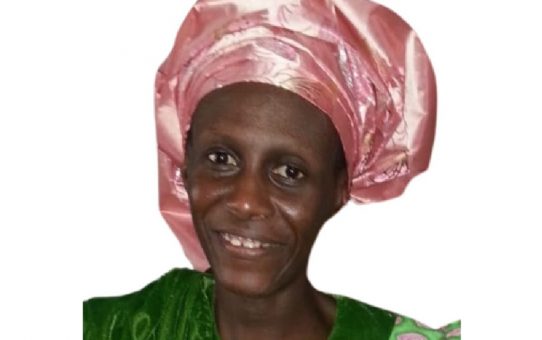By
Evans Ufeli Esq
Nnamdi Kanu is currently facing charges in our courts, yet he has previously been granted bail. Many believe he should be released again while his trial continues. This position rests on core legal principles, practical safeguards, and the need to uphold public confidence in our justice system.
First and foremost is the presumption of innocence. Under our constitution and international human-rights standards, an accused person is presumed innocent until proven guilty. Prolonged pretrial detention undermines that principle and can amount to punishment before conviction. Bail exists precisely to balance the state’s interest in administering justice with the individual’s right to liberty pending a fair trial.
Second, the right to a fair and timely trial must be protected. Extended incarceration before a verdict can impede an accused person’s ability to prepare an effective defence: access to legal counsel, time to gather evidence, and the capacity to consult witnesses are all hampered behind bars. Granting conditional release can improve the quality and fairness of the trial process itself.
Of course, liberty on bail need not mean unfettered freedom. Courts are empowered to impose conditions tailored to legitimate concerns: risk of flight, danger to public order, or likelihood of interfering with witnesses or evidence. In situations where the state articulates credible risks, proportional conditions can mitigate them. Practical, enforceable measures include sureties, regular reporting to law-enforcement or court offices, surrender of passports, restriction of travel to specific jurisdictions, electronic monitoring, and even house arrest if circumstances demand.
Public safety and national security are legitimate considerations. Where the prosecution demonstrates that release would pose a clear threat to public order or national security, courts should weigh those factors carefully. But the standard should be evidence-based not speculative political pressure. Blanket detention because a case is politically sensitive sets a worrying precedent and risks eroding the rule of law.
READ ALSO:
PREROGATIVE OF MERCY UNDER THE NIGERIAN LAW
Transparency and judicial independence are essential. Decisions about bail must be reasoned and public, explaining how risks were assessed and why particular conditions were or were not imposed. This builds public trust and makes it harder for either side to claim arbitrary treatment. Where bail was previously granted without incident, that history is relevant evidence in favour of release pending trial.
There are humane considerations as well. Protracted pretrial detention has social costs for family, employment and health - that can be disproportionate to the objectives of criminal justice. Relying on conditional release when appropriate conserves state resources and reduces prison overcrowding, while respecting individual rights.
In conclusion, releasing an accused person like Nnamdi Kanu on bail while his trial continues is consistent with fundamental legal principles provided the court is satisfied that conditions can adequately manage risks. The better course is for courts to apply neutral, evidence-based criteria; for authorities to propose and enforce proportionate conditions; and for all parties to respect the outcome. That approach protects rights, secures public safety, and strengthens confidence in our judicial institutions.




